Geespace
Geespace is a Chinese New-space company that is designing and building a constellation of LEO satellites to support high-speed data connectivity, highly precise navigation and cloud computing capabilities in future vehicles.
The company is a wholly owned subsidiary of Zhejiang Geely Technology Group and China’s first privately owned developer, operator and mass producer of commercial LEO satellites. Geespace is headquartered in Shanghai along with its R&D facilities and part of Geely Holding’s wider transformation into a global mobility technology group with a focus on social innovation and improving society through the use of technology.
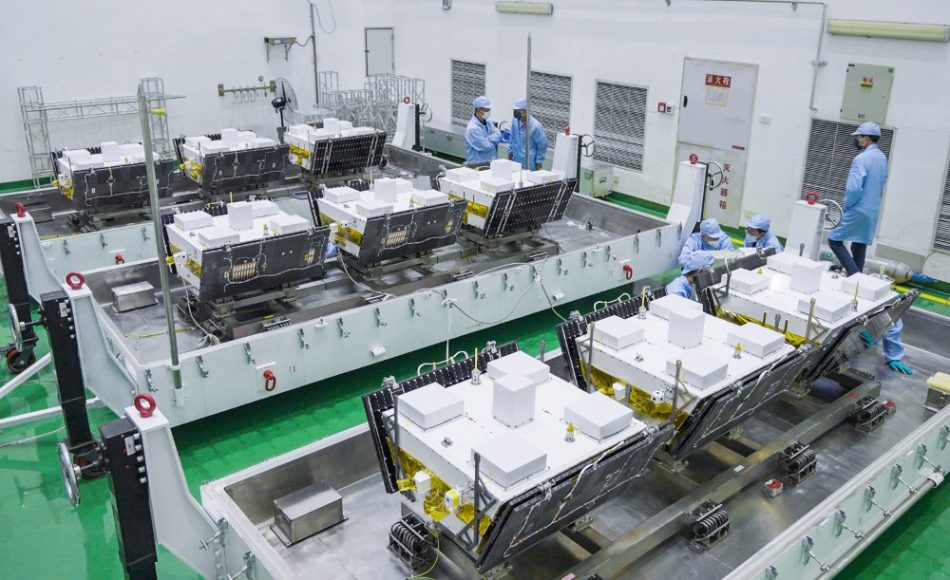

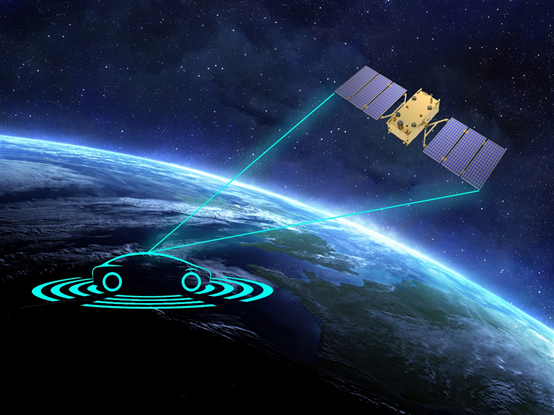
Geely is known for its automotive presence through companies like Lotus from the UK, Volvo from Sweden and Proton in Malaysia. Geely Auto Group is a leading automobile manufacturer based in Hangzhou, China and was founded in 1997 as a subsidiary of Zhejiang Geely Holding Group. The Group manages several leading brands including Geely Auto, Lynk & Co, Volvo Cars, Polestar and Proton, employs more than 120,000 people, and has been listed on the Fortune Global 500 for ten consecutive years.
The first two Geespace satellites are designed to provide users with high-precision centimeter-accurate positioning services and support the operation of OmniCloud, a new satellite-based AI cloud platform that was developed by GeeSpace, to provide support for satellite-based products and services. Via the use of OmniCloud, urban traffic management can be made more efficient through services such as high-precision positioning data for vehicles, artificial intelligence, and public transportation fleet management, ride-hailing and ride-sharing management.
In June 2022 launch operator CGWIC successfully launched its first 9 satellites into low earth orbit for Geespace. The nine GeeSAT-1 satellites are part of a planned constellation called the Geely Future Mobility Constellation which will consist of 240 satellites. The first phase of 72 satellites is expected to be placed in orbit by 2025 while the second phase consisting of 168 satellites will follow.
The GeeSAT-1 constellation of satellites will provide centimeter accurate precise positioning and connectivity support for use by automotive brands in the Geely Holding portfolio.
Company History
Geespace was formed in 2018 by the Geely Technology Group with the purpose of developing, launching and operation of Low Earth Orbit (LEO) satellites.
In March 2020 the Geely Holding Group started the construction of an intelligent satellite production and testing center in Taizhou City, China. The new satellite production plant marked the first entry of private enterprise into satellite production in the country. The cutting-edge facility will include a modular satellite manufacturing-, satellite testing-, satellite R&D- and cloud computing centers.
In September 2021, the company began mass production and testing of intelligent satellites. The first set of LEO satellites rolled off the production line, marking a new milestone in Geely’s advancement into the commercial aerospace sector.
In December 2021 the first pair of proto-type satellites, GeeSAT-1 01 and GeeSAT-1 02, was launched on a Kuaizhou-1A rocket, operated by CAST from the Jiuquan launch base, but failed to reach orbit due to the rocket’s indication of airspace closure notices.
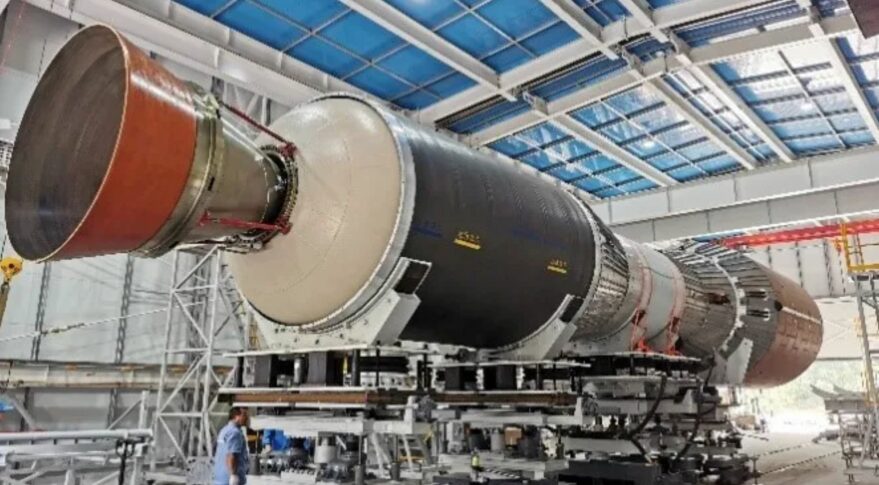
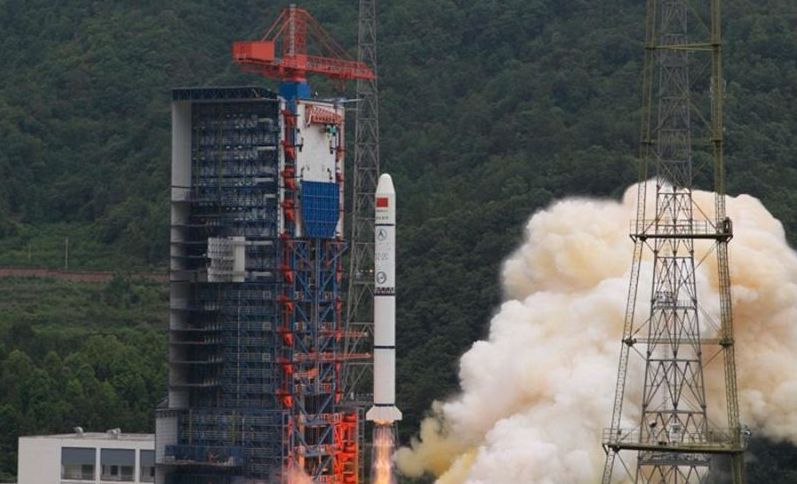
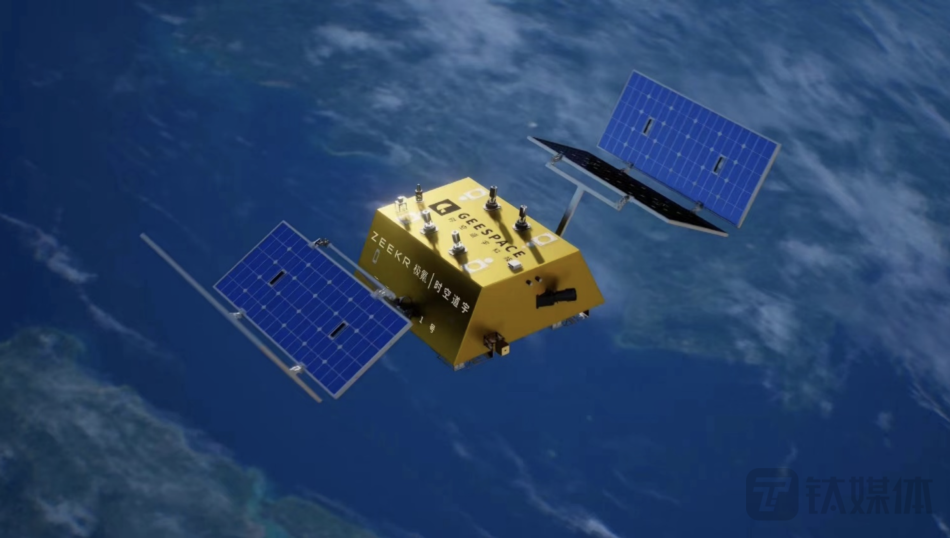
On June 2nd, 2022 Geespace successfully launched their first nine satellites into Low Earth Orbit on a Long March 2C rocket, operated by CGWIC, from the Xichang Satellite Launch Center in China. With the successful launch and operation of Geespace’s first satellites, the company will become one of the world’s first providers of combined commercial Precise Point Positioning and Real-Time Kinematic services (PPP-RTK).
On February 3rd, 2024 Geespace successfully launched another eleven satellites into Low Earth Orbit on a Long March 2C rocket, operated by CGWIC, from the Xichang Satellite Launch Center in China.
On September 6th, 2024 Geespace launched another batch of ten satellites into Low Earth Orbit on a Long March LM6 rocket, operated by CGWIC, from the Xichang Satellite Launch Center in China.
| Satellite | Mission | Launch Date | Launcher | Launch Operator |
| GeeSAT-1 (01) | failure | Dec 15th, 2021 | Kuaizhou-1A | CAST China |
| GeeSAT-1 (02) | failure | Dec 15th, 2021 | Kuaizhou-1A | CAST China |
| GeeSAT-1 01 to 09 | June 2nd, 2022 | LM-2C | CGWIC China | |
| GeeSAT-2 01 to 11 | Feb 3rd, 2024 | LM-2C | CGWIC China | |
| GeeSAT-3 01 to 10 | Sep 6th, 2024 | LM-6 | CGWIC China |
All trademarks, logos and images mentioned and showed on this page are property of their respective owners.
Resources
www.geespace.com
www.zgh.com
www.global.geely.com
www.spacenews.com edition April 6th, 2021
www.spacenews.com edition December 15th, 2021
www.cnevpost.com edition June 2nd, 2022
www.bloomberg.com
www.everydayastronaut.com edition December 16th, 2021
www.spacenews.com edition June 2nd, 2022
www.wapcar.my edition June 7th, 2022
www.space.skyrocket.de
www.cgwic.com
